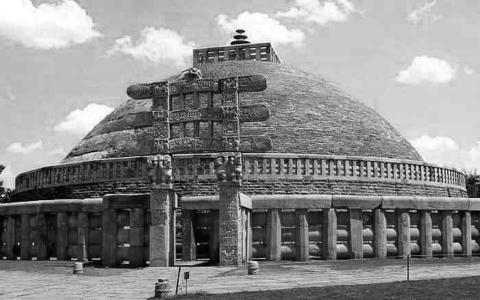
A few Chinese travellers like It-sing have recorded that Ashoka was a saṃnyāsi and a Bauddha bhikkhu. They also state that they have seen a statue in this form. There is a system among Buddhists: Anyone can become a saṃnyāsi and can revert to the life of a householder. They can also move to a different āśrama. Fa-hien, Xuanzang (Hiuen Tsang), It-sing, Dharmasvami, and others were Chinese Buddhist travellers who came to India. On numerous...
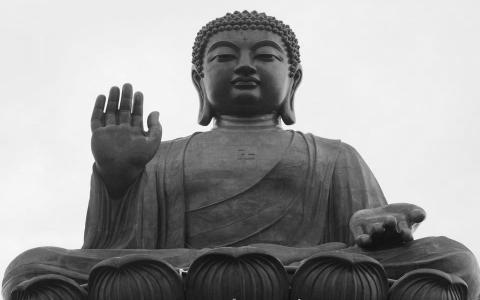
There was a gap of about three hundred years between Buddha and Aśoka. Buddha lived in the 6th century BCE. He was born in 560 BCE. He saw the effulgence of kṣātra in his surroundings. He had seen the lacunae and failings of the system of republics. Even so, he felt that one should support the war that is fought out of love for one’s freedom. Today Buddha has become a symbol for the cowardly pseudo-secularism. Buddha was a person who sincerely...
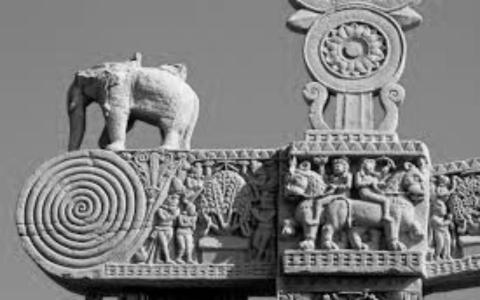
All the historians of the world have unanimously hailed Aśoka. That Aśoka was an ideal king has been widely circulated. In ancient times, no other king, in no other part of the world undertook the establishment of so many dharma-śāsanas (rock edicts pertaining to law and dharma) like Aśoka. About two thousand three hundred years back, no other king had an empire of such expanse, to this extent, or this sort of reign. Nobody has recorded their...
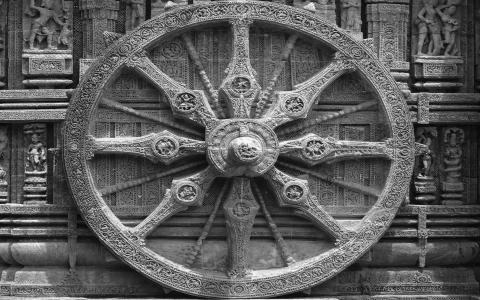
The personalities of Chanakya and Chandragupta were of similar eminence, similar spirit; the supreme testimony to this fact is that such a large empire was managed efficiently for several years and the onslaught of the ambitious, war-hungry Alexander was quelled without leaving even a trace of its memory. From this we learn how sharp their developmental strategy must have been. We see how bright that patriotism must have been, which found...
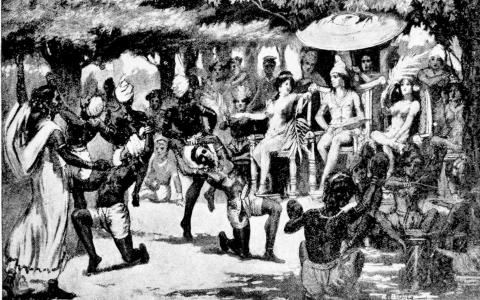
Kautilya absorbed the best from the system of republics; he also brought back the ashvamedha conception of an empire. Both these conceptions have their roots in the Vedas. One must observe how broad and overarching the concept of yajna has been in the Hindu worldview. And one who is opposed to this broadminded concept of yajna is bound to face trouble. Philosophically, the inner yajna is superior to the external, ritualistic yajna but the former...
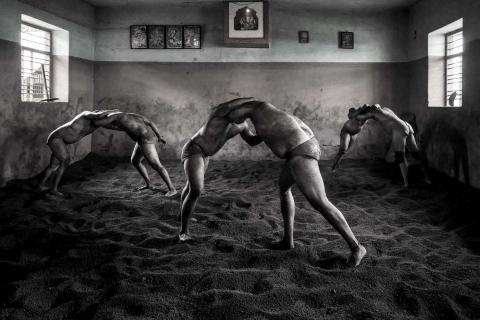
The big problem with the system of republics is the constant infighting. Since their vision is so narrow, when there is an attack from an external enemy, these republics don't unite and offer resistance. It is for this reason an empire is necessary. But the problem with a kingdom or an empire is that the local and regional identities don't survive. An ideal kingdom should lay stress on the local as well as the pan national aspects. But how can...
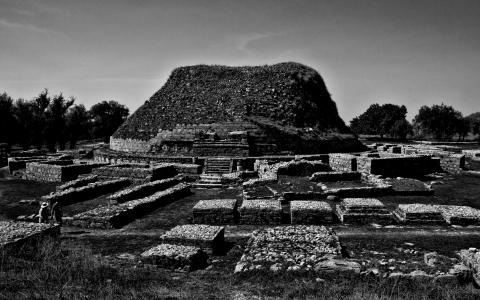
There was a certain amount of misrule and evil during the reign of the Nandas. A powerful force awoke that would destroy all that evil from the past. That was Chandragupta Maurya. What we know from our written history – and commonly agreed upon – is that Chandragupta was a great example for the brilliance of kshaatra. There are many accounts of this in Jaina, Bauddha, and Hindu – Sanatana Dharmic – literature. According to some accounts, there...
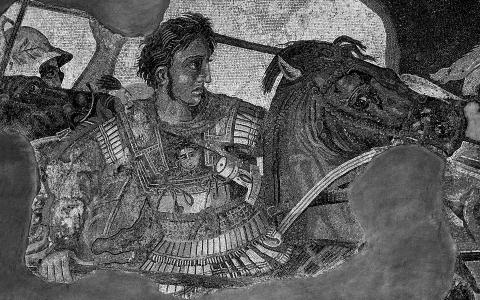
The Influence of Alexander
(continued)
When a great emperor decentralizes a vast kingdom, if he doesn’t use his absolute sovereignty to establish friendly relationships and maintain constant communication with all the regions, if he doesn’t keep his eyes and ears open all the time, his empire will collapse. We get examples for this in Ashoka’s time itself. Why, even in the case of the ambitious Alexander who set out to conquer the world and...
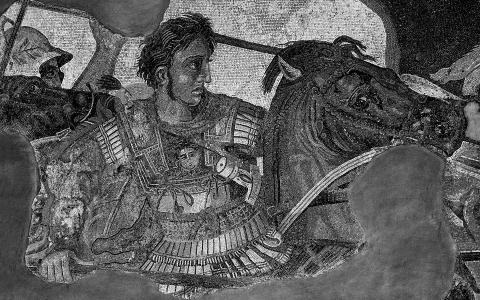
The Magadha Kingdom
With this background, when we see the Magadhan kingdom, we find that the Shishunagas ruled there first. Then came the Nandas. The last king of the Nanda dynasty was Dhanananda. Starting from Mahapadmananda to Sunanda, everyone was gone. The stories that have been traditionally narrated indicate that the nine Nandas were contemporaries. We find that in some version of the story, it is Mahapadmananda and his eight children,...

Now from the Vedas, Itihasas, and Puranas, we come to the era of reality. As such, there is no separate demarcation that separates our ancient texts from history. All the details of the lineage of kings that we find in the Vedas are part of history. For example, an ancient king who is mentioned in the Vedas is Divodasa. His son was Sudasa. The purohita of Sudasa was Vasishta. The Rigveda speaks about the Battle of Ten Kings (दाशराज्ञयुद्ध), in...
